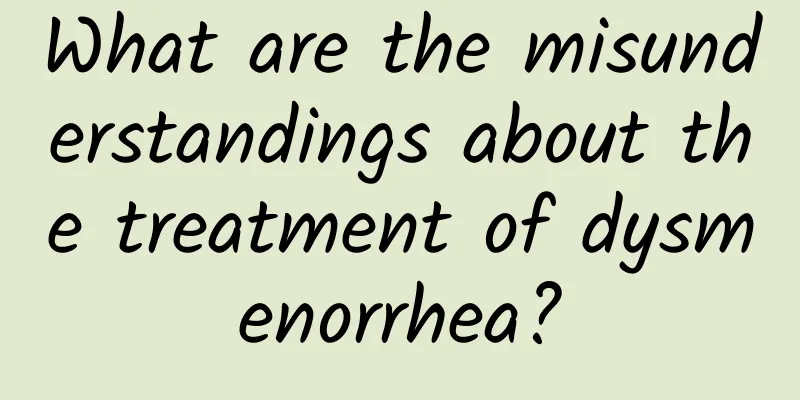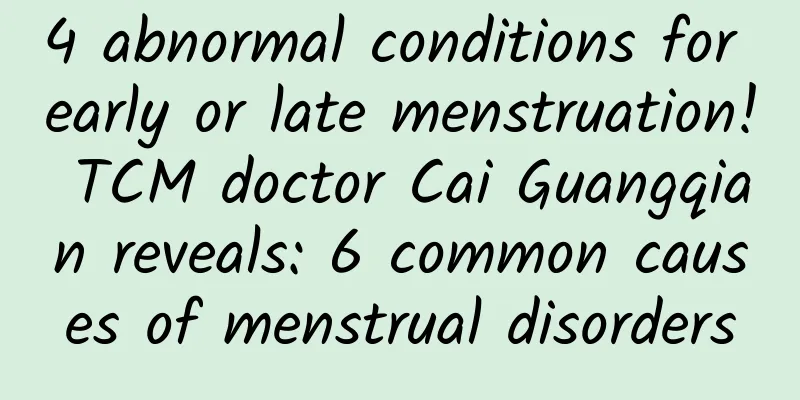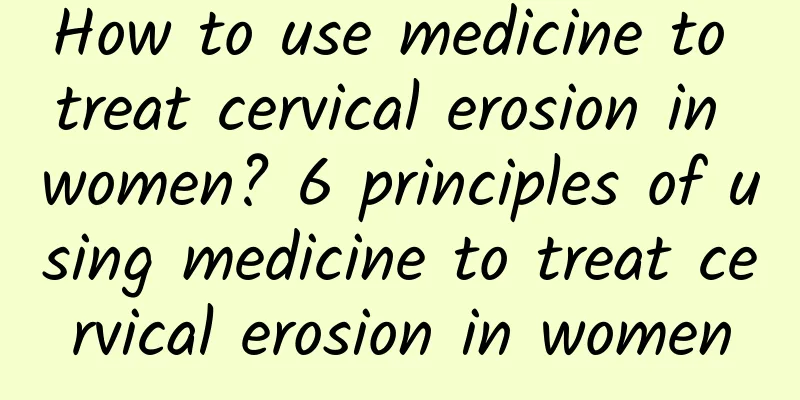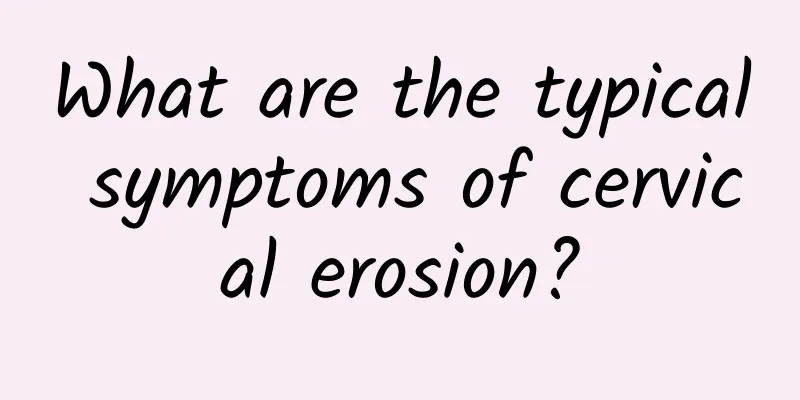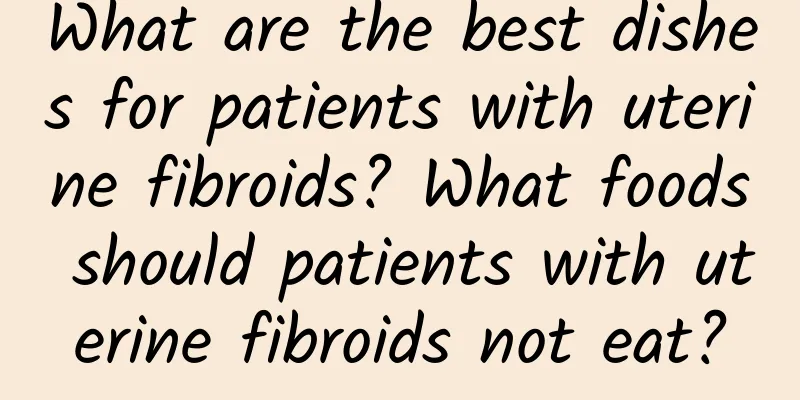How to treat uterine fibroids? What are the treatments for uterine fibroids?
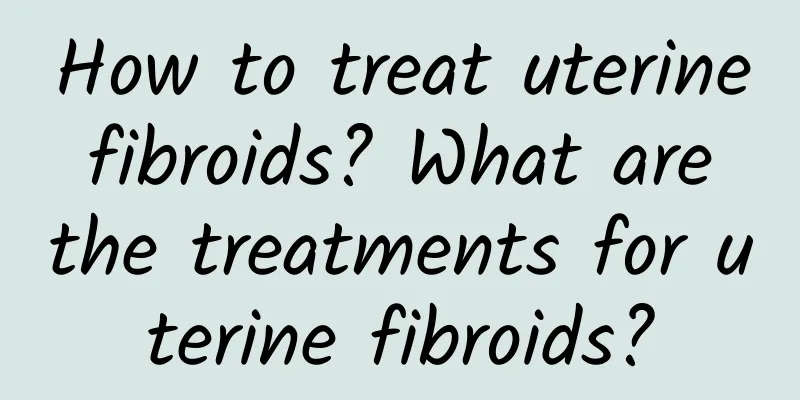
|
How to treat uterine fibroids? I believe many people have this question. Uterine fibroids are a common benign gynecological tumor. Because uterine fibroids can easily affect women's fertility, they must be treated as soon as possible. So how to treat uterine fibroids? Let's listen to the experts' advice. How to treat uterine fibroids: First, surgical treatment. Surgery is the most common treatment for uterine fibroids, because most patients come to see a doctor when uterine fibroids are more dangerous and surgery is the best treatment. The indications for surgical treatment are as follows: ① Large fibroids: If the uterus is enlarged for more than 12 weeks of pregnancy, even if these patients have no symptoms, surgical resection should be performed. ② Excessive menstruation leads to anemia, and conservative treatment is ineffective. ③ Frequent urination, dysuria, constipation, and pelvic pain caused by tumors compressing the bladder or rectum. ④ Fibroids grow in the cervix, broad ligament, or submucosal fibroids. ⑤ Fibroids grow rapidly in a short period of time. Secondly, conservative treatment. Conservative treatment mainly includes expectant treatment and drug treatment. The following four conditions must be met when choosing conservative treatment: (1) the tumor is not more than 6 weeks old; (2) the patient is a postmenopausal patient with asymptomatic uterine fibroids; (3) the patient is near menopause and can reduce bleeding through non-surgical treatment; (4) the patient with uterine fibroids cannot tolerate surgery. Drug treatment: Western medicine treatment has a certain effect on improving the symptoms of patients with uterine fibroids. Androgens can be used for patients with heavy menstrual flow and small fibroids, except for endometrial lesions. In addition, there is also traditional Chinese medicine treatment for uterine fibroids. Expected treatment: For women who are close to menopause, the fibroids grow slowly, the uterus is smaller than 3 months of pregnancy, and there are no symptoms of menorrhagia or compression, only 3 to 6 months of follow-up examinations are required, and the uterine fibroids are expected to shrink after menopause. After menopause, as estrogen secretion decreases, uterine fibroids will gradually shrink without the stimulation of estrogen. However, women with uterine fibroids often have a late menopause, and surgery should still be considered if the fibroids continue to grow or other symptoms occur. As for how to treat uterine fibroids, experts point out that the treatment of uterine fibroids includes conservative treatment and surgical treatment, and a comprehensive decision should be made based on the patient's age, fibroid size and location, fibroid symptoms, and female fertility requirements to achieve the ideal effect. |
<<: Treatment principles for uterine fibroids How to treat uterine fibroids
>>: How to treat benign uterine fibroids? Nursing methods for patients with benign uterine fibroids
Recommend
What foods can cause miscarriage? Eat less of these 4 foods
Pregnant women have very high requirements for th...
What is the reason for the swelling and pain on the right side of uterine fibroids? What should I do if I feel a vague pain on the right side of uterine fibroids?
What is the reason for the swelling and pain on t...
What should women do if they have irregular menstruation? Here are 9 tips for regulating menstruation
Many women in life have irregular menstruation pr...
What to eat after a miscarriage to help your uterus recover?
After a miscarriage, you may be in a state of qi ...
Early symptoms of ectopic pregnancy
What are the early symptoms of ectopic pregnancy?...
What medicine is good for menopausal hot flashes and sweating? Doctors recommend these
Women experience hot flashes and sweating during ...
Brief analysis of very typical symptoms of ectopic pregnancy
It is understood that many female friends know th...
Early treatment costs for cervical warts
Nowadays people are troubled by many diseases. Ce...
How can women prevent the recurrence of cervical erosion? These cervical erosion prevention measures should not be relaxed
In life, gynecological inflammation is not scary....
What are the sequelae of pelvic inflammatory disease? Cause infertility, ectopic pregnancy
Pelvic inflammatory disease is a common gynecolog...
What is the difference between chronic cervicitis and acute cervicitis
There are significant differences between chronic...
What are the symptoms of hypothalamic amenorrhea?
Hypothalamic amenorrhea is the most common type o...
Eat "Green Ginseng" okra to lose weight, control blood sugar, and supplement calcium
Okra is a vegetable with high nutritional value a...
What are the adverse consequences of premature ovarian failure?
What are the adverse consequences of premature ov...
Abnormal development of reproductive organs can lead to primary amenorrhea
Primary amenorrhea refers to the absence of menst...
